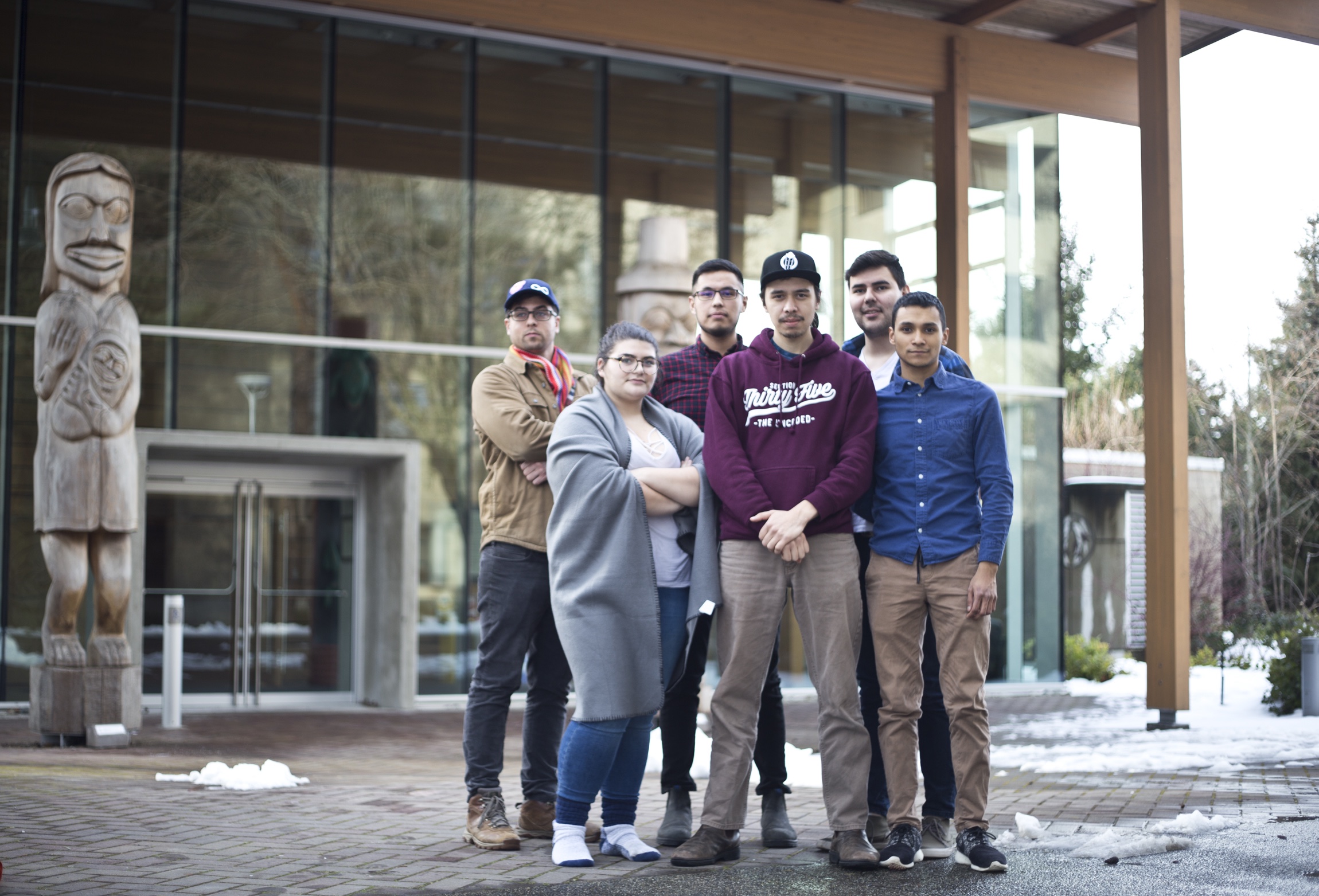
Across the salt, a swordsman by the name of Miyamoto Musashi once wrote, “from one thing, know ten thousand things.”
Everything that happens on Turtle Island is connected and when events such as the raid on Gidumt’en take place, it is important to keep in mind the bigger picture. There are countless such events that have taken place in this country. If we examine them in isolation we are at risk of not grasping the underlying ideologies and forces that perpetuate them.
The imposition of Coastal GasLink’s natural gas pipeline on sovereign Wet’suwet’en land is only one of many colonial ambitions currently coming to fruition. While it is important to rally the voices of good-intentioned people at the darkest moments, many of these efforts take place too late. While awareness and pressure is necessary at these critical moments, in the spaces between such galvanizing events, Indigenous peoples and nations continue to fight without rest. The moment we lower our guard, everything our ancestors have built and protected on these lands can be lost.
The efficiency of industry and government in pursuing projects such as the Coastal GasLink natural gas project is truly frightening, but this process has been in place for centuries. Like a trickster, this process can transform into the shape that suits its needs and has a truly insatiable appetite. While it may take the guise of reconciliation, treaty, or self-governance, the goal will always be the same: control of Indigenous lands for the sake of continued prosperity.
UVic is simply weathering the storm following the events at Unist’ot’en, because the longer they wait to start this conversation, the less they need to say.
There are many that live under the assumption that every single Indigenous nation is fundamentally incapable of governing their own territories. The safer assumption would be that in the eyes of Canada, the profit gained from maintaining control over Indigenous homelands far outweighs the rights and dignity of Indigenous peoples. For change to take place, Canada must be willing to sacrifice its control, and the very source of its wealth.
Sadly, this is not the difficult conversation that is taking place. For most settlers, this premise is irrelevant, because like Aboriginal Rights and Title, as long as we do not address it, we can pretend it does not exist.
As the Firekeeper of the Native Students Union, I started writing in this column for the sole purpose of pressuring the University of Victoria to address the injustices against the Wet’suwet’en, and the Unist’ot’en and Gidum’ten in particular. Despite such writings and the lobbying efforts of the UVSS and other student representatives, we have yet to receive a single word in response. UVic is simply weathering the storm following the events at Unist’ot’en, because the longer they wait to start this conversation, the less they need to say.
This is only possible if we lose focus on the bigger picture. UVic’s unwillingness to engage with these issues is not unlike Canada’s unwillingness to engage with these issues. There is much to gain by not disrupting the current state of affairs, but for Indigenous peoples and nations, there is everything to lose.







